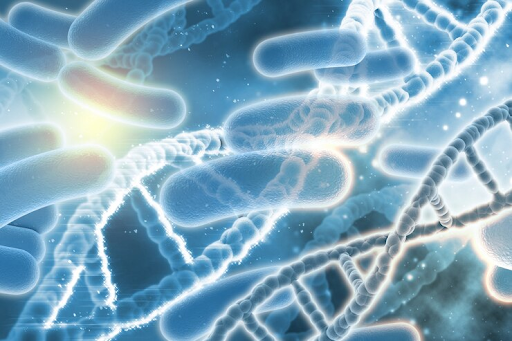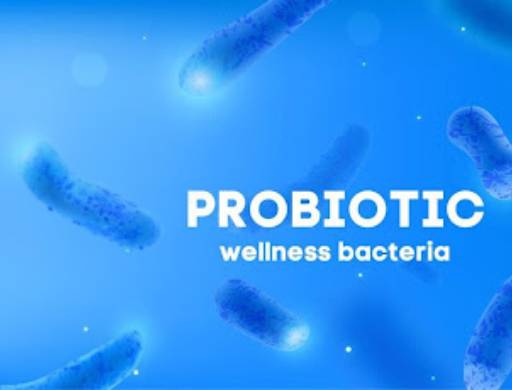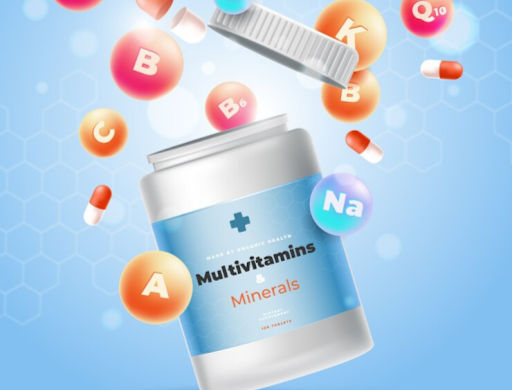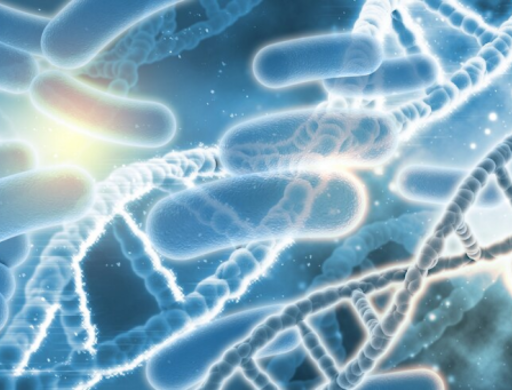Our mission is to ensure the generation of accurate and precise findings.
Contact Us Sri Dheera Northeast, 6th floor, plot no 101, road no-2, Kakatiya Hills, Madhapur, Hyderabad-500081 +91 9030235678 info@vakyalifesciences.comEnquire Now
How Long Does it Take Probiotic to Work

14-11-2023
How Long Does it Take Probiotic to Work
Depending on certain factors such as specific health conditions, type of strain and severity of the gut condition, it takes a specified amount of time for probiotics to work. Here is a general guide to understanding the timeline of probiotics effectiveness:
Initial Digestive Benefits (Few Days To A Week)
For some taking probiotics may elicit some results within the initial days to one week. This is particularly true for symptoms related to digestion:
Reduced bloating, gas, and indigestion: Some may begin to feel better with these symptoms in 2 to 3 days after taking a probiotic.
Regularity in bowel movements: For people suffering from irregular bowel movement, the use of probiotics may lead to the restoration of a regular bowel movement within the first week.
Low To Middle Range Symptom Alleviation (One To Two Weeks).
As probiotics continue to colonise the gut, their effects become more pronounced in about 1-2 weeks for certain conditions:
Diarrhoea: They are particularly used in the management of antibiotic associated diarrhoea or infectious diarrhoea. The use of probiotics may help to decrease severity and duration of diarrhoea within 4-7 days.
Improved immune response: A few may experience a reduction in occurrences of colds or mild illness in 1-2 weeks after starting the probiotics because the gut microbiome is associated with healthy immune system.
Chronic Digestive And Health Conditions (2 To 4 Weeks)
For mild digestive problems, probiotics may take about 48 hours of use to improve the condition, while for more severe digestive problems like IBS, IBD, and lactose intolerance, probiotics should be taken for 2-4 weeks to show a significant improvement.
IBS and IBD: In these conditions, patients may experience decrease of the symptoms such as abdominal pain, bloating and irregular bowel habits over a 3-4 week period as the contained probiotic strains rebalances the gut flora and reduce inflammation.
Lactose intolerance: Probiotics may help enhance the digestion of lactose for those with intolerance, but it may take a few weeks of daily use to see a noticeable improvement in symptoms.
Long-Term Health Benefits (4 Weeks And Beyond)
For certain long-term health goals, such as maintaining a balanced gut microbiome, supporting mental health, or boosting immunity, it can take 4 weeks or longer for probiotics to exhibit substantial effects.
Mental health improvements: Research suggests that probiotics can positively influence mental health, reducing anxiety and depression symptoms, but these benefits typically take 1 to 2 months to manifest.
Sustained immune function: While some improvements in immune response may be seen within a couple of weeks, long-term immune benefits from probiotics are usually observed after several months of consistent use.
Factors Affecting How Long Probiotics Take To Work
Type and Strain of Probiotic: Different probiotic strains work at varying speeds. For example, saccharomyces boulardii is often fast-acting in preventing diarrhoea, especially antibiotic-associated or traveller’s diarrhoea within days. Lactobacillus and Bifidobacterium strains may take a few weeks to effectively address chronic conditions like IBS.
Individual Gut Health: If your gut microbiome is significantly imbalanced, it may take longer for probiotics to restore balance. People with healthier gut flora may notice quicker improvements.
Condition Being Treated: Acute conditions like diarrhoea or bloating can be addressed quickly, whereas chronic issues like IBS or immune system regulation may require longer probiotic use.
Diet and Lifestyle: A diet rich in prebiotics can help probiotics work faster. Unhealthy lifestyle habits, like consuming a lot of processed foods, alcohol, or sugar, might slow down their effectiveness.
Other Recommended Products - What are the Uses of Bacillus Clausii Suspension
Enquire Now



14-11-2023
Marketing Trends In Probiotics For The Food And Beverage Market (Confectionary, Beverage, Food Items) Curd, Yogurt, Capsules, Vials, Food Supplements.


14-11-2023
Benefits of Probiotic and Prebiotic Multivitamin Gummies for Children's Digestive Health




